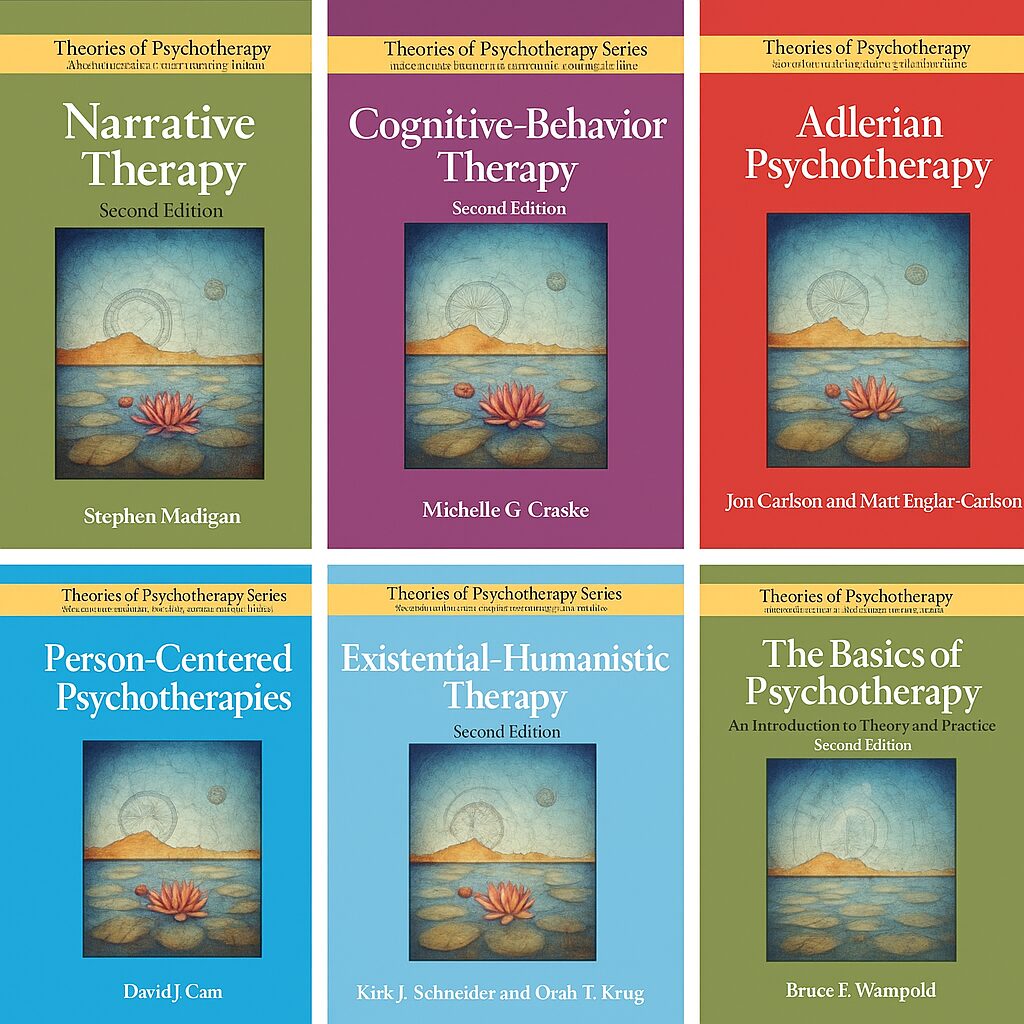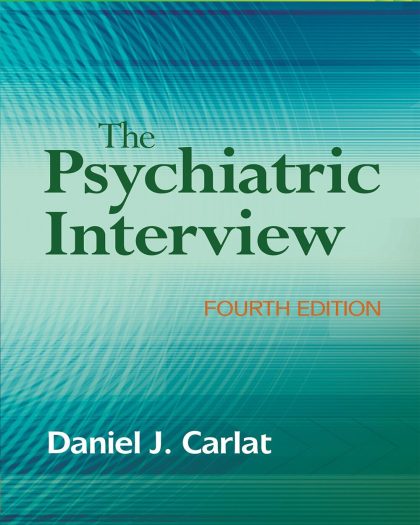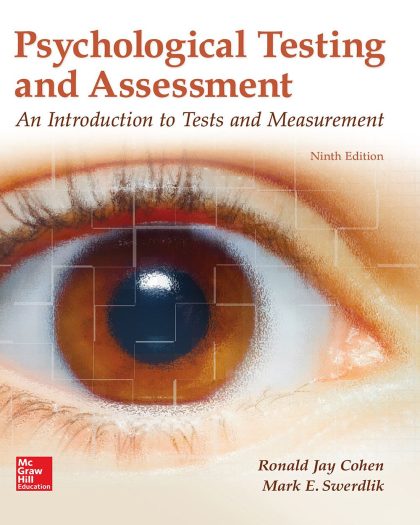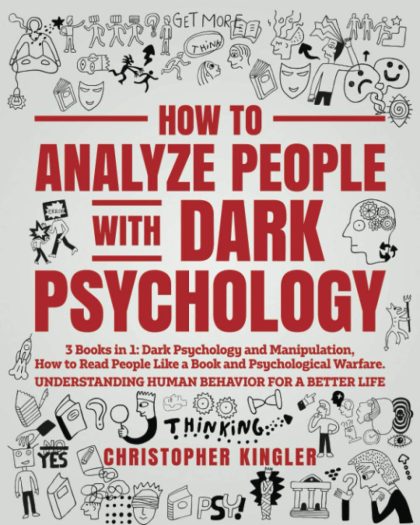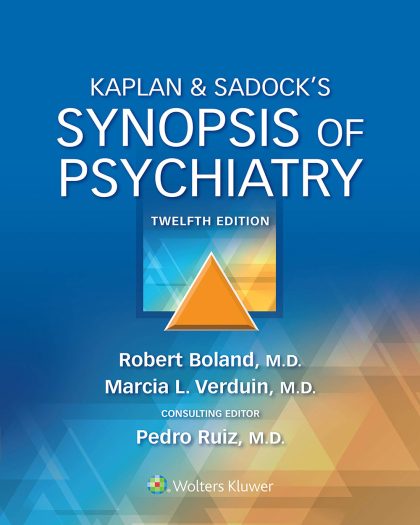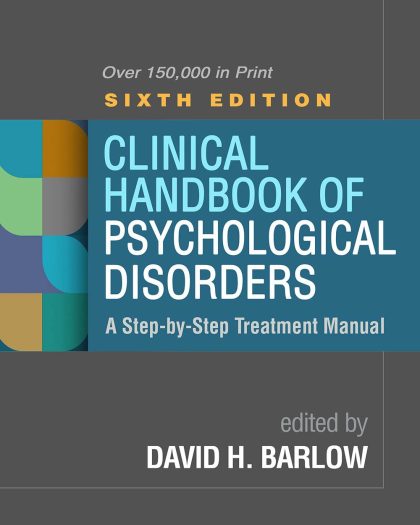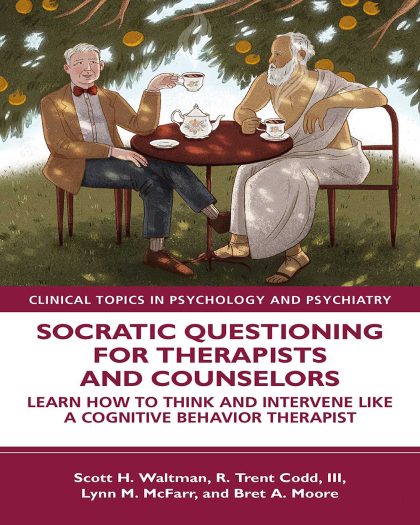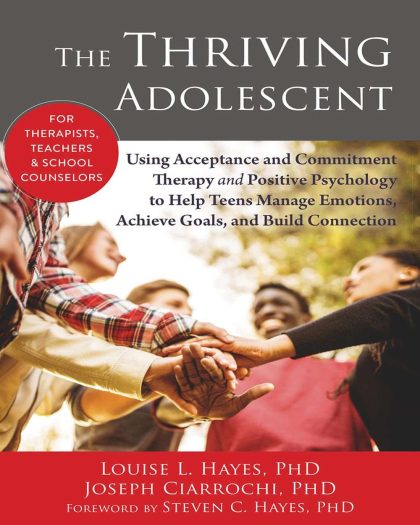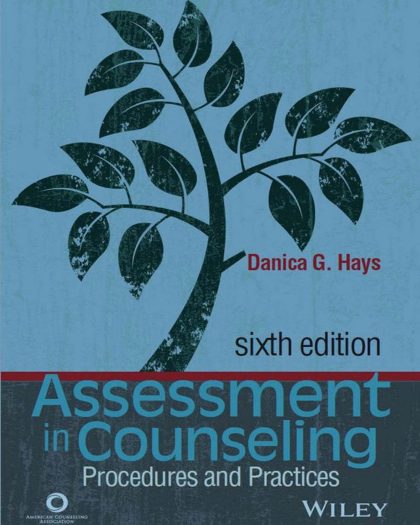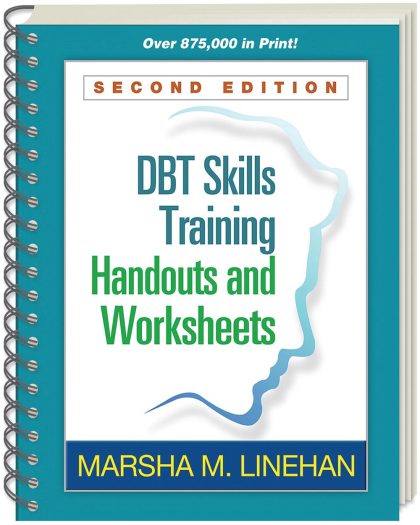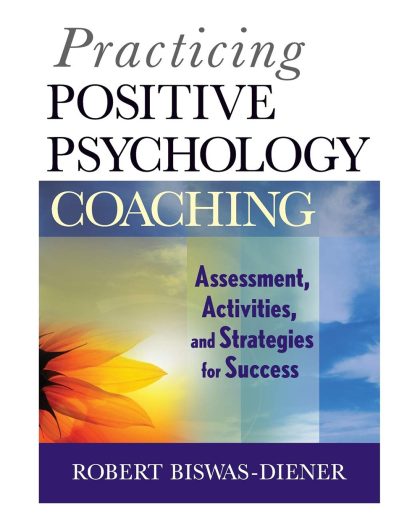Cognitive-Behavioral Therapy (Theories of Psychotherapy Series®)
In this revised edition of Cognitive–Behavioral Therapy, Michelle G. Craske provides vital updated coverage of the literature that explores the theory, history, therapy process, primary change mechanisms, and empirical basis of the approach, as well as likely future developments.
This essential primer to cognitive behavioral therapy, amply illustrated with case examples featuring diverse clients, is perfect for graduate students studying theories of therapy and counseling as well as for seasoned practitioners interested in better understanding this approach.
Cognitive–behavioral therapy (CBT) originated in the science and theory of classical and instrumental conditioning when cognitive principles were adopted following dissatisfaction with a strictly behavioral approach. CBT combines behavioral and cognitive interventions so that, on the behavioral level, practitioners can aim to decrease clients’ maladaptive behaviors and increase adaptive ones, and, on the cognitive level, they can aim to modify clients’ maladaptive thoughts, self-statements, or beliefs.
A large number of variations on the original theory have developed over the decades, but all types of CBT are unified by their empirical foundation, reliance on the theory and science of behavior and cognition, and the centrality of problem-focused goals. In this edition, the author provides vital updated coverage of the literature that explores the therapy process, primary change mechanisms, and empirical basis of the approach, as well as likely future developments.
Adlerian Psychotherapy (Theories of Psychotherapy Series®)
Adlerian Psychotherapy provides an introduction and overview of the theory, history, research, and practice of this person-centered approach to psychotherapy.
From cognitive-behavioral, to existential, phenomenological, schema, and humanistic therapies, the ideas of Alfred Adler are at the heart of many contemporary approaches to psychotherapy. In some ways, however, Adler’s ubiquity has made him invisible. In Adler’s view, all behavior has social meaning, and the socio-cultural context of a person’s life is a driving influence on his or her mental health and life experiences. With his emphasis on social interest–a sense of belonging to and participating in the common good–Adler envisioned a psychology of growth, where people could strive to overcome difficulties and change their lives under their own power. Counseling and psychotherapy must therefore encourage the client to master the core tasks of life: work, friendship, and love-intimacy.
While “classic” Adlerian psychotherapy is rarely practiced nowadays, the authors present a modern interpretation that is consistent with today’s short-term therapeutic approaches, and can be used with individuals, couples, or families.
Person-Centered Psychotherapies (Theories of Psychotherapy
In Person-Centered Psychotherapies, David J. Cain discusses the history, theory, research and practice of this seminal approach whose basic premises have influenced the practice of most therapeutic systems.
Person-centered therapy, also called client-centered therapy, was created by Carl Rogers almost 70 years ago. In polls of psychotherapists conducted in 1982 and 2007, Carl Rogers was voted the most influential psychotherapist in history. His original approach gave rise to a number of variations on the original, all of which may be classified as person-centered psychotherapies because of their basis in Rogers’ core therapeutic conditions of empathy, unconditional positive regard, and congruence.
This model emphasizes the client–therapist relationship, focusing on how the quality of moment-to-moment engagement between therapist and client can create optimal conditions for client growth. Person-centered therapies view clients as resourceful persons capable finding their own directions and solutions for their problems, and a fundamental value of the person-centered therapist is to honor and preserve the client’s autonomy and choice.
In this book, Dr. Cain presents and explores person-centered psychotherapy, its theory, history, therapy process, primary change mechanisms, the empirical basis for its effectiveness, and contemporary developments that have refined theory and expanded how it may be practiced. In recent years dialogical, experiential, existential and expressive-creative influences have been integrated in practice. This essential primer, amply illustrated with case examples featuring diverse clients, is perfect for graduate students studying theories of therapy and counseling as well as for seasoned practitioners interested in understanding how it has evolved in recent decades.
Existential–Humanistic Therapy (Theories of Psychotherapy Series®)
This second edition provides an updated introduction to the theory, history, research, and practice of existential-humanistic therapy, which merges existential philosophy with humanistic psychotherapy, along with recent trends in existential-integrative therapy.
Existential-humanistic therapy melds European existential philosophy, which values self-inquiry, struggle, and responsibility, with the American tradition of spontaneity, optimism, and practicality. In this updated edition of their popular book, Kirk Schneider and Orah Krug demonstrate how this unique approach can help clients free themselves from self-imposed limitations and develop a deeper understanding of their authentic life goals by cultivating skills such as experiential reflection.
Schneider and Krug explore existential-humanistic therapy’s theoretical and historical underpinnings, its empirical foundations, the therapeutic process and mechanisms of change, as well as future developments. Detailed case examples vividly illustrate the work of existential-humanistic therapy, highlighting key takeaways that are equally accessible and valuable to graduate students and veteran practitioners.
New to this second edition is an increased focus on a more integrative perspective, which makes existential-humanistic therapy applicable to a wider array of settings and diagnostic populations. This flexibility also makes it more adaptable to other therapeutic approaches and expands its influence on clinical psychology as a whole.
The Basics of Psychotherapy: An Introduction to Theory and Practice

